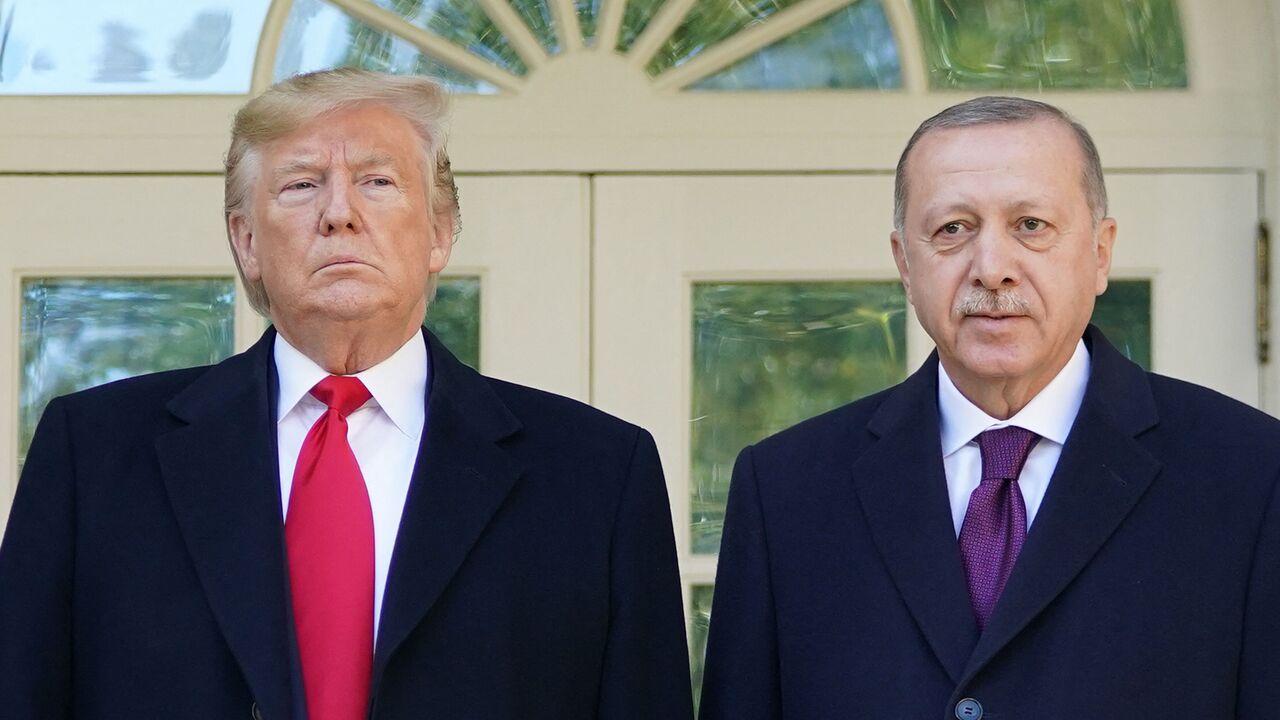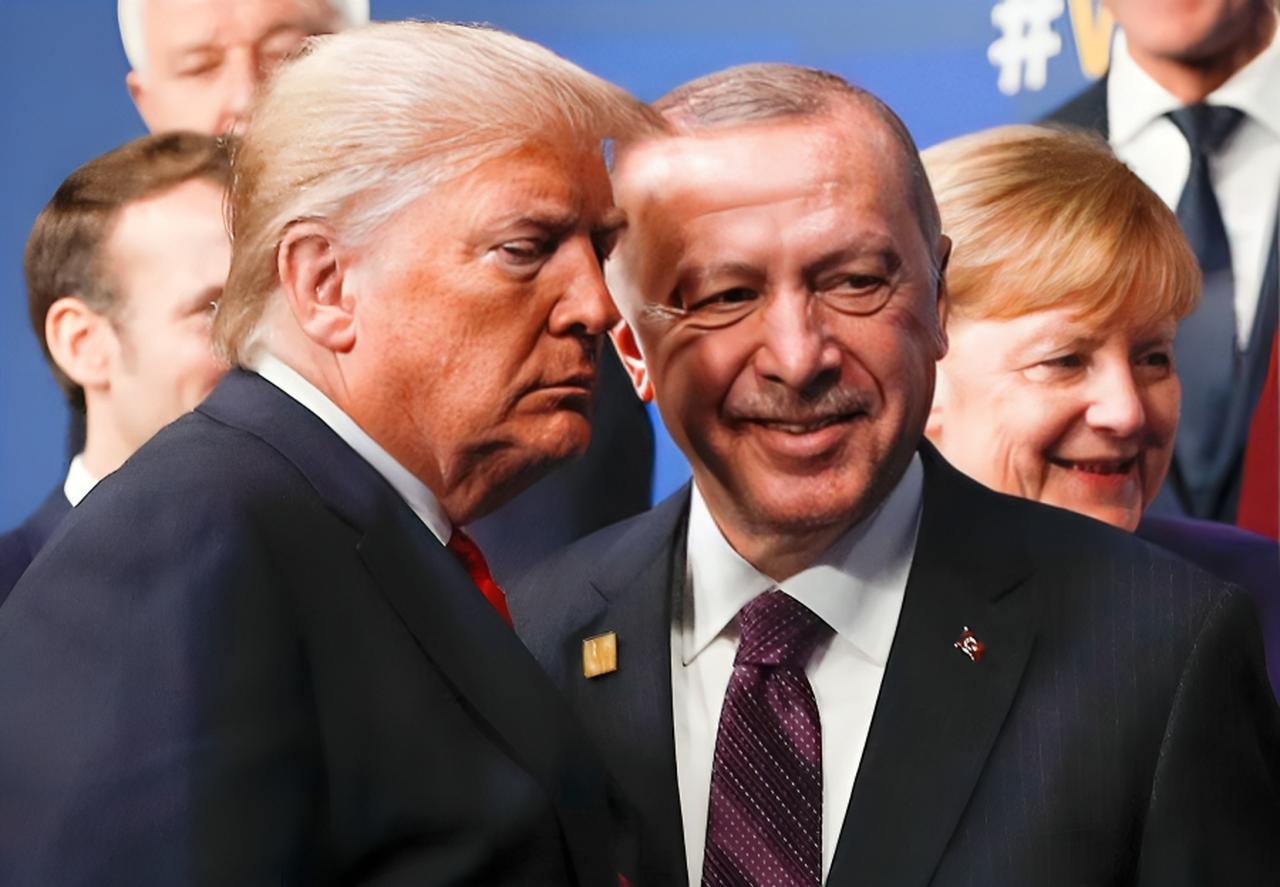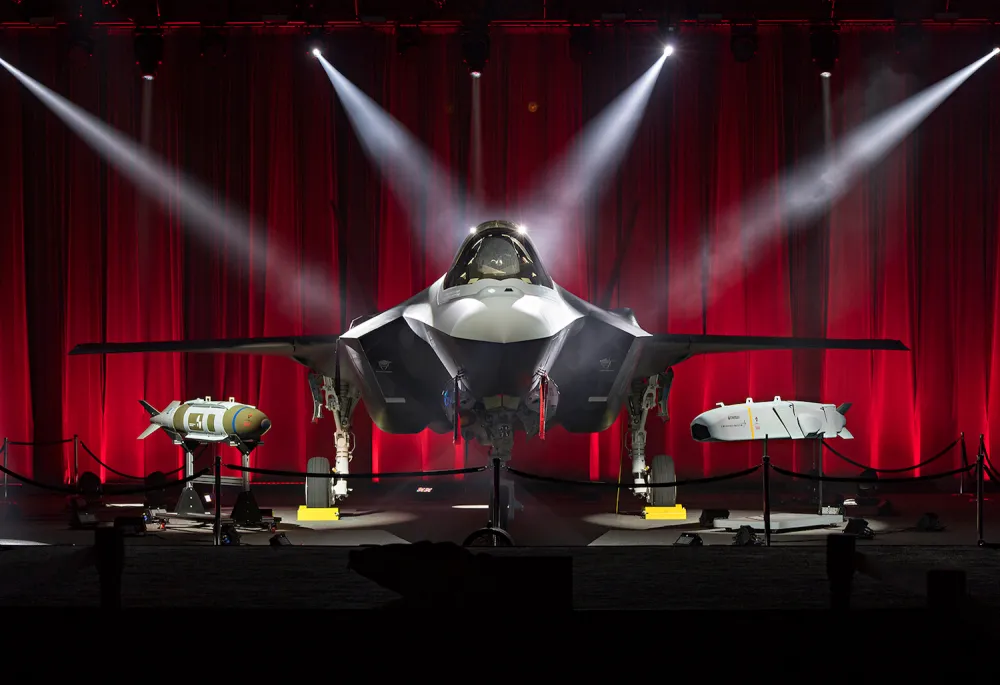
The "extraordinary" relationship between U.S. President Donald Trump and President Recep Tayyip Erdogan faces two major tests involving reconciling Türkiye's Syria policy with Israeli military actions and securing a multibillion-dollar F-35 fighter jet deal blocked by sanctions.
The two leaders, who call each other "friends," displayed their close rapport at June NATO summit in The Hague with handshakes, smiles and embraces.
Their partnership has delivered mutual benefits, including favorable U.S. tariff positions for Türkiye and lifted Syria sanctions that Erdogan sought.
"You can't underestimate their chemistry," said Soner Cagaptay, director of the Türkiye research programme at the Washington Institute think-tank, speaking to the Financial Times on Sunday. "Trump likes strong countries and powerful leaders—Erdogan delivers both," he added.
However, Aaron Stein, president of the Foreign Policy Research Institute in Washington, cautioned that "for all the talk of their bromance, Trump and Erdogan don't actually seem to get any deals done."

The most pressing challenge involves Syria, where Türkiye supports President Ahmad al-Sharaa's government while Israel conducts military operations that Ankara views as destabilizing.
Following talks with Erdogan, Trump lifted economic sanctions on Syria in June and the U.S. moved to delist Hayat Tahrir al-Sham as a terrorist organization, marking potentially the first terrorist group delisted by the U.S. before becoming defunct.
"This was a big deal for Türkiye. It was also a sign of Trump's faith in Erdogan," Cagaptay said. "If Syria is stable, more of the over 3 million Syrian refugees living in Türkiye will go back. That in turn helps with nationalist issues inside Türkiye and is a potential vote winner for Erdogan."
Tom Barrack, Trump's friend and new U.S. ambassador to Türkiye and special envoy to Syria, criticized Israel for creating "another very confusing chapter" after it launched dozens of air strikes in Syria during sectarian clashes this month.
This rare public censure provoked a response from Israeli Defense Minister Israel Katz, who said, "Those who criticize the attacks are not well-versed in the facts."

The second major test involves Türkiye's desire to purchase F-35 stealth fighter jets, blocked since 2020 under CAATSA sanctions after Erdogan bought Russian S-400 air defense systems.
"Inshallah, we shall make progress," Erdogan said after meeting Trump at The Hague.
Turkish officials claim the S-400s remain stored in unopened crates, but a western official warned, "If used, it would be like Russia plugging a USB stick into NATO's computer system. That is totally unacceptable for us."
Barrack suggested a solution requiring Congressional approval might be found by year's end.
"The successful formula will require both sides to agree to some concessions to their doctrinal positions," said Sinan Ulgen, director of Istanbul based think-tank EDAM. "Türkiye will in essence have to commit to never using the S-400 in practice—with monitoring to assuage the trust deficit... But the US will have to show flexibility too."

Türkiye's Ministry of National Defense announced that Syria's government has officially requested military support from Ankara. According to journalist Hande Firat, reporting for a Turkish media outlet on Wednesday, this support will have two components.
"Türkiye will not have a single official base in Damascus," Firat explained. "Türkiye uses this method in Azerbaijan, Somalia and Libya."
The first component involves military advisory services to help Syria's various armed groups transform into a unified army through concept development, doctrine and standardization.
The second involves establishing military training centers and academies, with training provided both in Syria and Türkiye.
Turkish Foreign Minister Hakan Fidan has established a consortium with Syria's neighboring countries to combat Daesh, with plans for an operations center. "The U.S. has been told that the fight against Daesh will be conducted through this consortium," Firat added.
The stakes remain high as tensions between Türkiye and Israel escalate. Foreign Minister Fidan warned this week that Ankara might intervene if there were further attempts to divide Syria, raising the possibility of direct clashes between the region's two most powerful militaries.
"Trump has to step in" between Türkiye and Israel, Cagaptay said. "There is so much mutual dislike: their leaders don't like each other, nor do their security agencies, nor their people. Only Trump can mediate ... It is the biggest minefield in the U.S.-Türkiye relationship."
Meanwhile, Britain and Türkiye signed a preliminary multibillion-pound deal this week for Typhoon jets as Ankara seeks to modernize its aging air fleet while the F-35 issue remains unresolved.
"It's going to be a long haul," cautioned Stein. "To buy the F-35s, Türkiye will need military financing, which requires Congressional approval. But Türkiye is not popular in Congress, and the Greeks and Israeli lobby will oppose the deal."